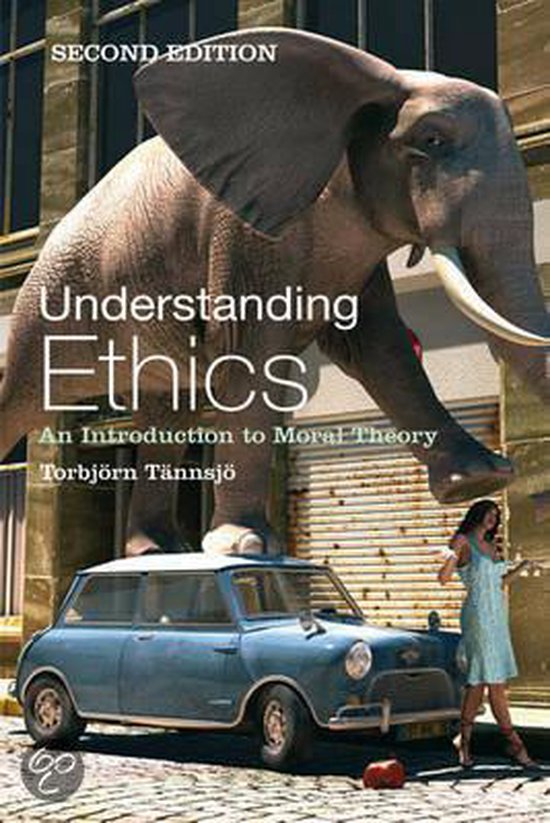
Understanding Ethics
How can we find true or reasonable moral principles to live our everyday lives by? This title presents 7 different moral theories, each of which attempts to provide the answer to the question of what we ought to do and why. It describes each theory, showing how it works in practice, assessing it and putting it into its historical perspective.
This is an introduction to moral theory for new students of ethics. How can we find true or reasonable moral principles to live our everyday lives by? Torbjorn Tannsjo presents 7 radically different moral theories, each of which attempts to provide the ultimate answer to the question of what we ought to do and why. Tannsjo carefully describes each theory, showing how it works in practice, critically assessing it and putting it into its historical perspective. It covers 7 moral theories: utilitarianism, egoism, deontological ethics, the ethics of rights, virtue ethics, feminist ethics, environmental or ecological ethics. It shows how each theory works in practice using the famous 'trolley' thought experiment. It looks at the influence of neuroscience and psychology on the formation of our moral intuitions. New For This Edition: a new section on population ethics has been added to the chapter on utilitarianism; discusses the impact of recent findings in social psychology on virtue ethics; and new, clearer applications of the trolley cases.
This is an introduction to moral theory for new students of ethics. How can we find true or reasonable moral principles to live our everyday lives by? Torbjorn Tannsjo presents 7 radically different moral theories, each of which attempts to provide the ultimate answer to the question of what we ought to do and why. Tannsjo carefully describes each theory, showing how it works in practice, critically assessing it and putting it into its historical perspective. It covers 7 moral theories: utilitarianism, egoism, deontological ethics, the ethics of rights, virtue ethics, feminist ethics, environmental or ecological ethics. It shows how each theory works in practice using the famous 'trolley' thought experiment. It looks at the influence of neuroscience and psychology on the formation of our moral intuitions. New For This Edition: a new section on population ethics has been added to the chapter on utilitarianism; discusses the impact of recent findings in social psychology on virtue ethics; and new, clearer applications of the trolley cases.
| Auteur | | Torbjrn Tnnsj |
| Taal | | Engels |
| Type | | Hardcover |
| Categorie | | Religie, Spiritualiteit & Filosofie |




